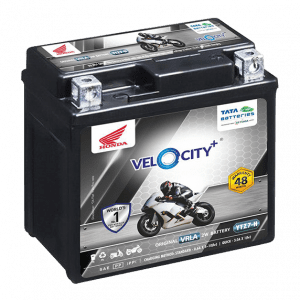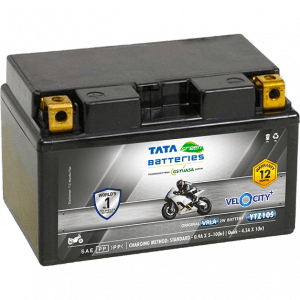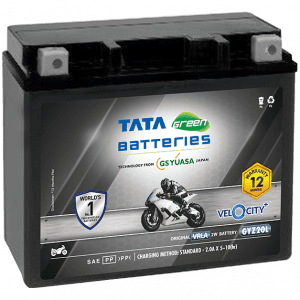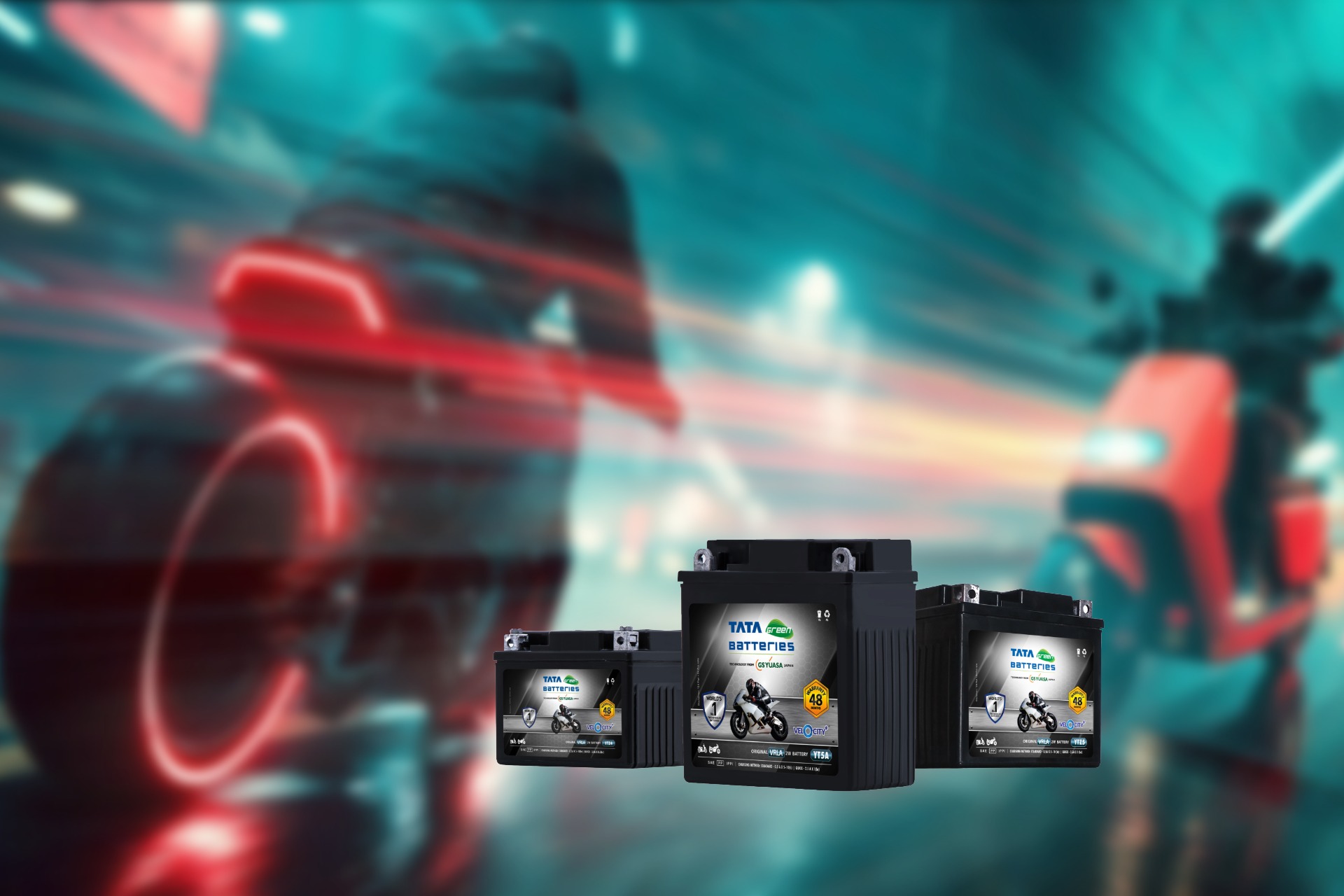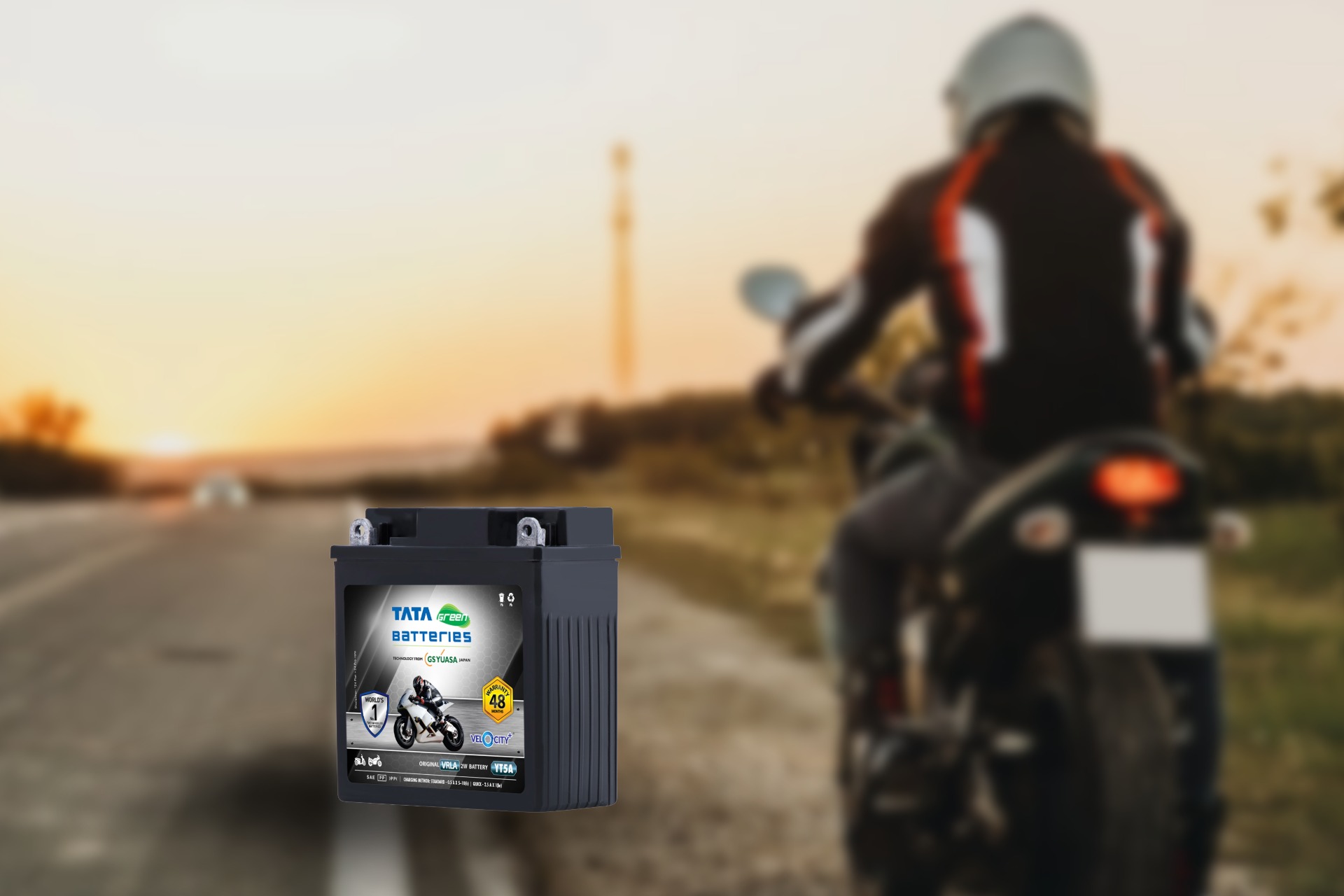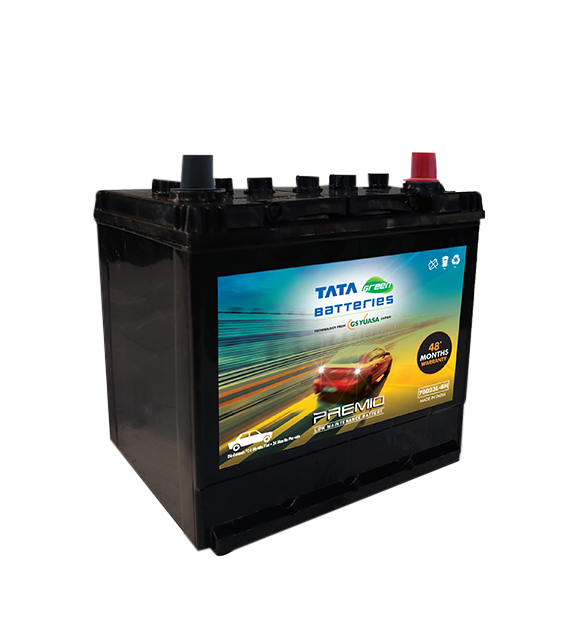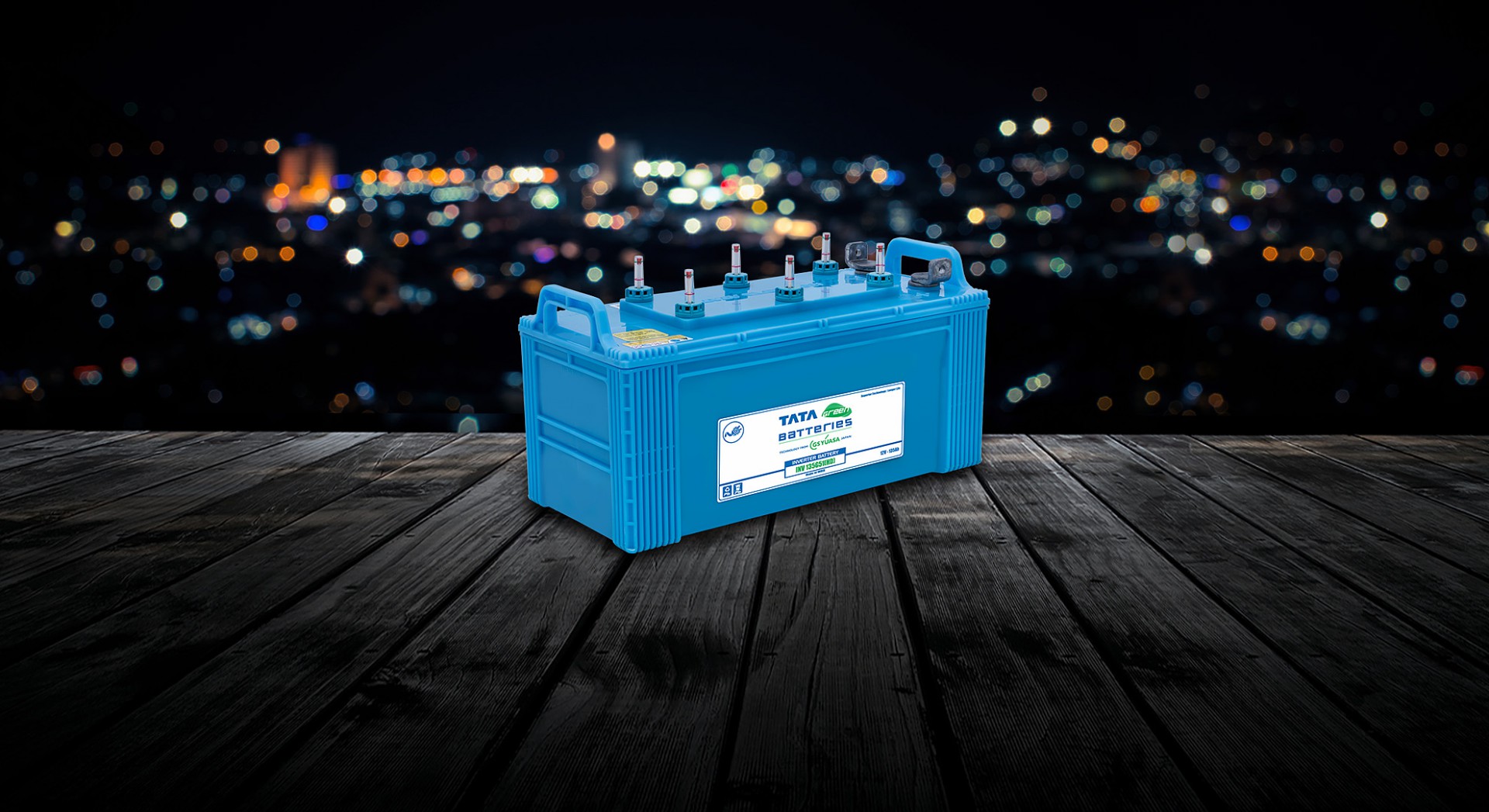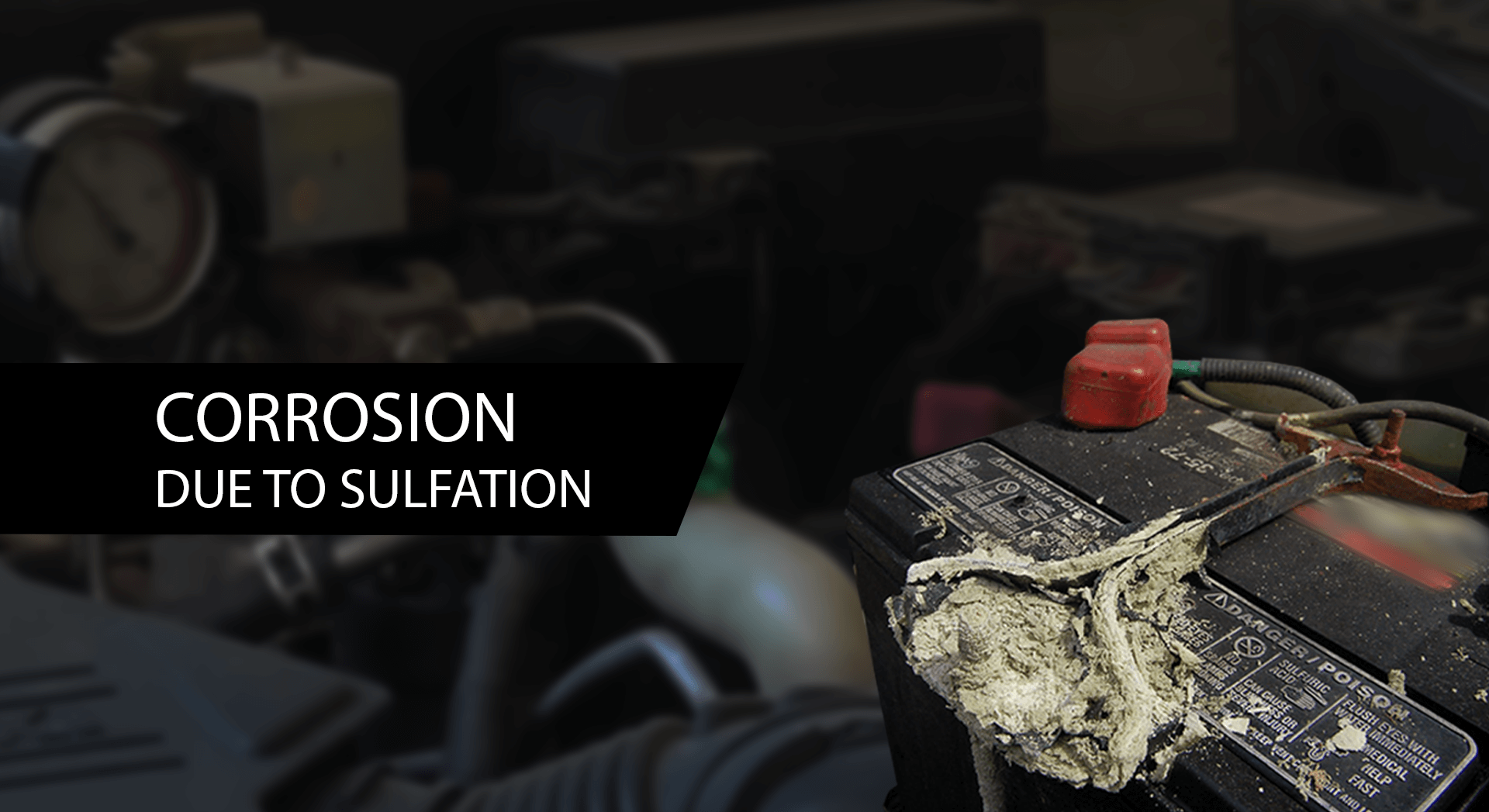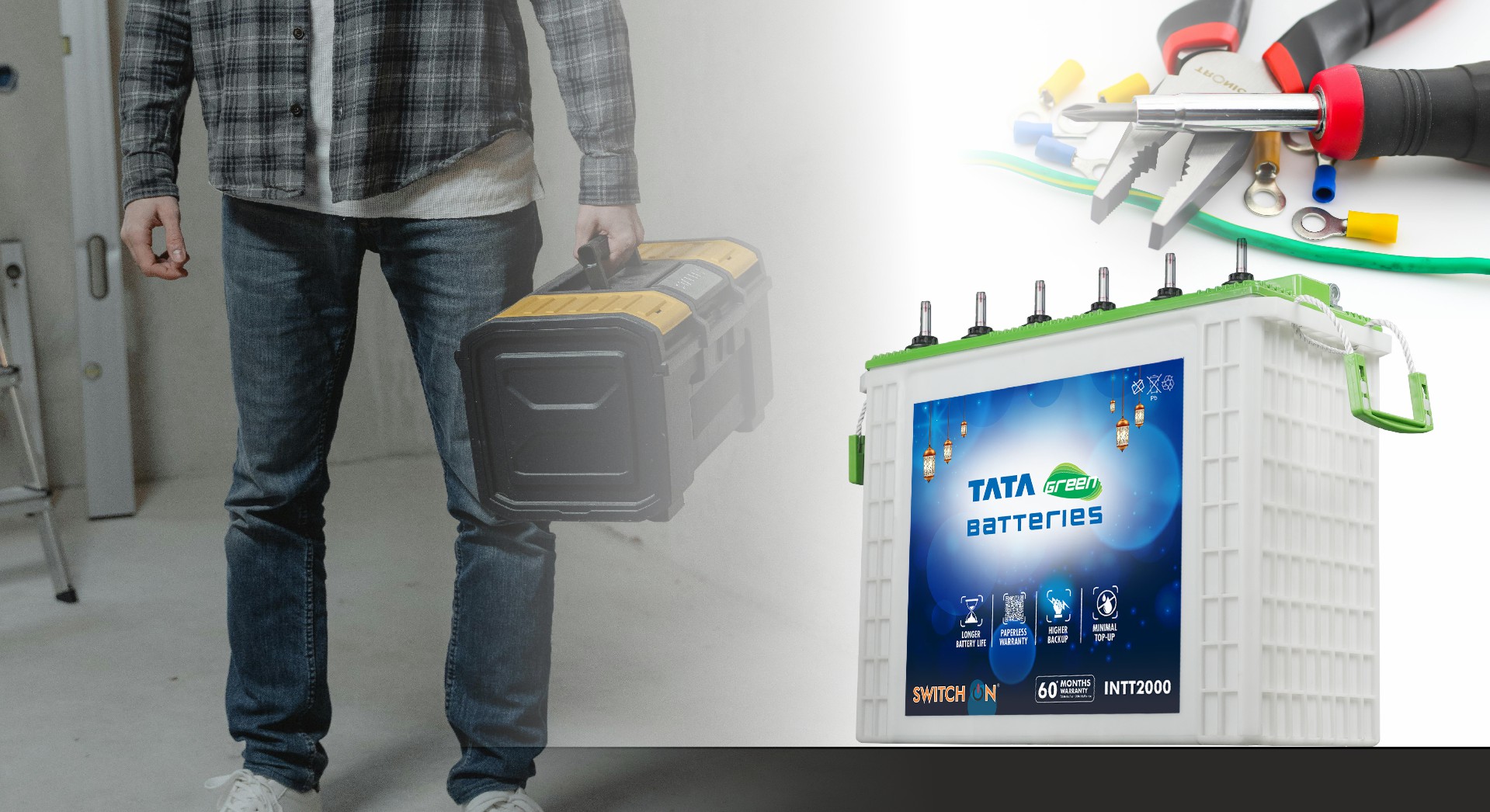The increasing demand for clean energy and the ever-reducing capacity of liquid/gas fuel worldwide has led automakers to shift to lithium-ion batteries, commonly referred to as Li-ion batteries. The use of Li-ion batteries in vehicles promises a reduction in pollution due to combustion gases and hence hope for better air quality.
When we talk about Li-ion batteries and lead-acid batteries, the common man asks, “What is the difference?” and “How does it affect me as a user in terms of usability, longevity, maintenance, price and things like that?” Let us address these issues once and for all right here.
Understanding Lead-Acid vs. Lithium-Ion Batteries
Lithium batteries and lead-acid batteries are two completely different types of energy storage equipment designed using different technologies and components for similar purposes but in different environments or settings.
Lead-Acid Batteries
As the name suggests, lead-acid batteries generate electricity through a chemical reaction between lead and sulfuric acid. These batteries contain plates made of lead alloy submerged in an acidic solution. When the acid reacts with the lead plates, electricity is generated and transferred through the battery terminals to power various systems in vehicles such as petrol bikes and cars.
Lithium-Ion Batteries
On the other hand, lithium-ion batteries store and supply electrical energy through the movement of lithium ions. Unlike older battery technologies such as nickel-cadmium or coin cells, lithium-ion batteries are more efficient and store more power in a compact form. These batteries are widely used in mobile phones, laptops and electric vehicles (EVs), including electric scooters and cars.
Key Differences Between Lead-Acid and Lithium-Ion Batteries
-
Weight:
For batteries with similar capacity, lithium-ion batteries are significantly lighter than lead-acid batteries. This makes them more suitable for applications where weight is a crucial factor, such as electric scooters.
-
Durability:
Lithium-ion batteries are solid-state, which makes them shockproof and more durable for different terrains. In contrast, lead-acid batteries are more prone to wear and tear.
-
Cost:
Lead-acid batteries tend to be more affordable than lithium-ion batteries, making them a popular choice for petrol bikes. However, the long-term savings from lithium-ion batteries can outweigh their initial cost due to their longer lifespan.
-
Environmental Impact:
Lithium-ion batteries are considered more environmentally friendly, as lead-acid batteries contain hazardous chemicals that require careful handling and disposal.
Which Battery Is Better?
Choosing between lithium-ion and lead-acid batteries isn’t as simple as picking one over the other. They serve different purposes depending on the vehicle. Comparing the two is akin to comparing apples to oranges. For petrol bikes, lead-acid batteries are primarily used for ignition and powering electrical components like headlights, horns, and indicators. These bikes rely on an internal combustion engine, which uses liquid or gas fuel for propulsion. The battery’s role here is relatively minor—just enough to power the bike’s electrical systems. In contrast, electric scooters depend entirely on lithium-ion batteries. There’s no combustion engine, meaning every part of the scooter, from the motor to the lights, is powered by the battery. Because of this, electric scooters require higher-capacity batteries capable of providing consistent power over longer periods.
Limitations of Electric Scooters
One of the major challenges for electric scooters is their reliance on external power sources to recharge. While electric scooters can travel a considerable distance on a full charge, the lack of widespread charging infrastructure remains a hurdle. Many countries are working on expanding charging networks both within cities and along highways to accommodate the growing number of electric vehicles. This development will be crucial as more people adopt electric scooters and cars.
The Future of Battery Technology in Vehicles
As technology continues to advance, we can expect to see improvements in both lead-acid and lithium-ion batteries. For electric scooters, the development of better batteries with longer ranges and faster charging times will be key to widespread adoption. Similarly, petrol bikes may also benefit from advancements in lead-acid battery technology, making them more efficient and environmentally friendly.
Electric scooter batteries and petrol bike batteries differ not just in technology but also in function. The lead-acid batteries in petrol bikes serve a limited role, while lithium-ion batteries in electric scooters are the main power source. Both types of batteries have their advantages and limitations, but they are designed for entirely different purposes.
If you are considering changing your car or bike battery switch to TATA Green batteries today for reliable performance, long-lasting durability, and peace of mind backed by a trusted brand.






